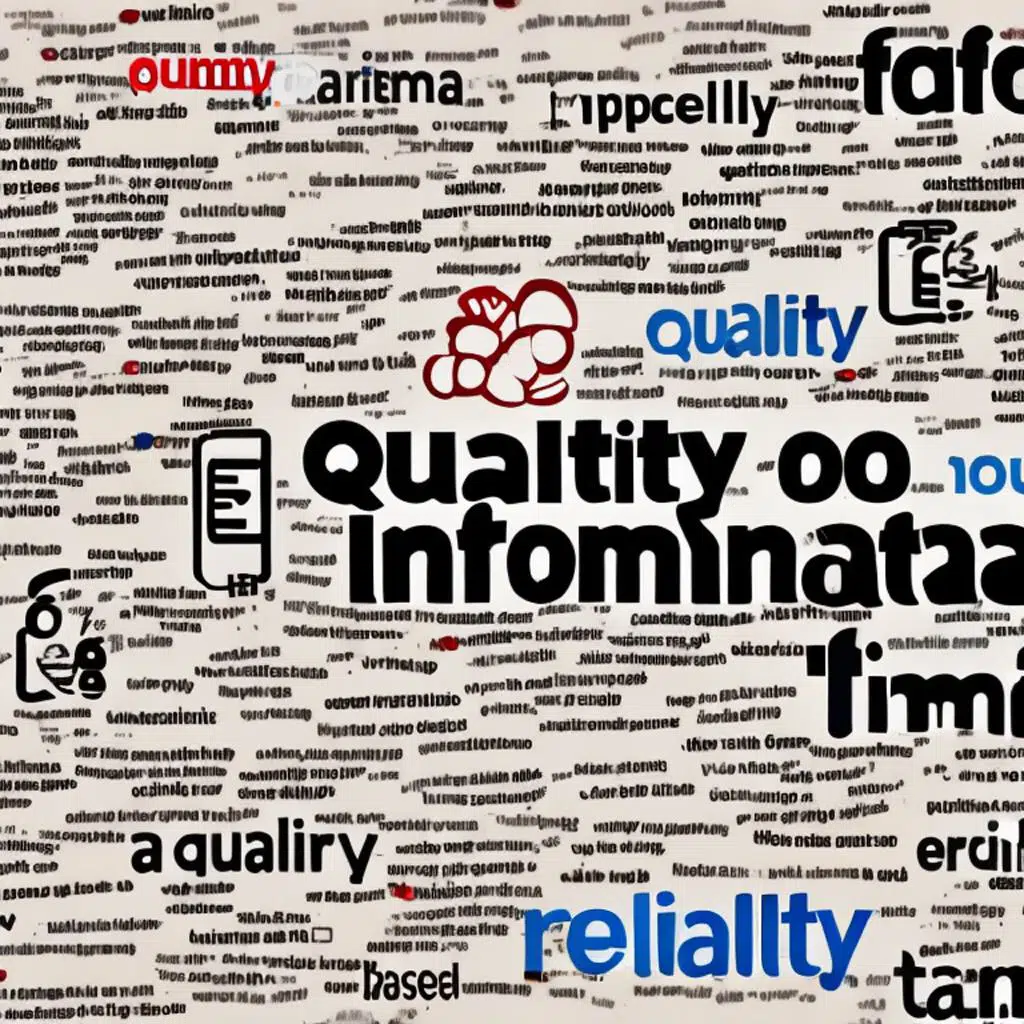The Two Sides of History: Why Objective and Relative Approaches are Both Necessary
Historians have long debated the best approach to studying and understanding the past. Some argue that history should be objective, relying on verifiable evidence and striving for factual accuracy. Others argue that history is inherently subjective, shaped by the perspectives and values of the observer.
However, these two approaches are not necessarily mutually exclusive. In fact, they are more like two sides of the same coin. Both objective and relative approaches are necessary in order to gain a fuller and more nuanced understanding of historical events and phenomena.
Objective history is important because it provides a factual basis for our understanding of the past. By relying on primary sources and verifiable evidence, historians can establish a common ground of facts and events. Objective history can also help us avoid the pitfalls of myth-making and distortion that can occur when history is based solely on subjective interpretations.
However, objective history also has its limitations. It can be difficult, if not impossible, to fully separate facts from interpretations, and different historians may interpret the same evidence in different ways. Moreover, objective history often overlooks the perspectives and experiences of marginalized groups, such as women, people of color, and LGBTQ+ individuals, whose voices have historically been excluded from dominant narratives.
This is where relative history comes in. By acknowledging that our understanding of the past is shaped by the perspectives and values of the observer, relative history can help us uncover the voices and experiences of marginalized groups. It can also help us understand the ways in which power, ideology, and culture shape our interpretations of historical events.
However, relative history also has its limitations. Without a basis in objective evidence, it can risk becoming unfocused or disconnected from reality. Moreover, relative history can sometimes lead to a fragmented or overly personalized view of history, where every individual or group has their own unique version of events.
The most productive approach to history is one that incorporates elements of both objective and relative approaches. By grounding our understanding of the past in verifiable evidence, while also acknowledging the ways in which our perspectives and values shape our interpretations, we can gain a fuller and more accurate understanding of historical events and phenomena.

Source OpenAI’s GPT language models, Fleeky, MIB, & Picsart






